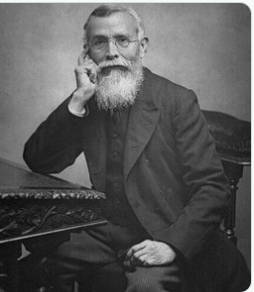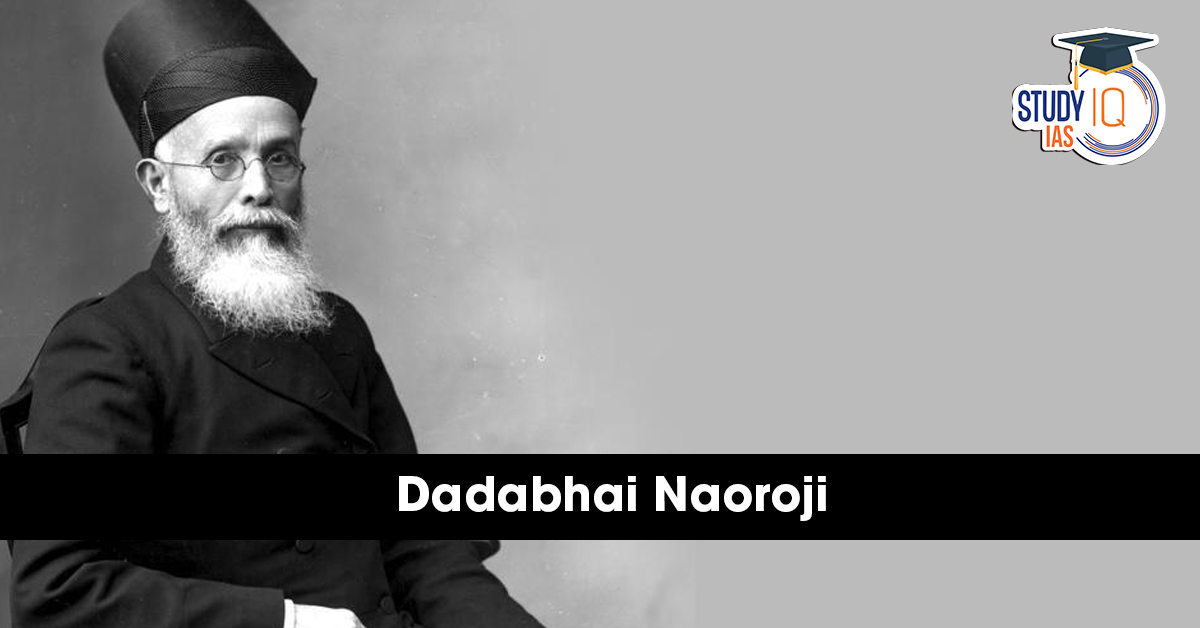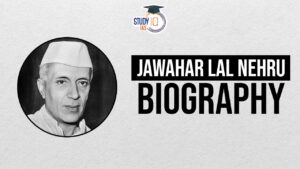Table of Contents
This year marks the 200th birth anniversary of Dadabhai Naoroji (1825–1917), one of the most respected leaders of the Indian freedom struggle. A towering intellectual, social reformer, and political leader, Naoroji laid the foundation of Indian nationalism long before the mass movements of the 20th century. His contributions to politics, economics, and social reform earned him the title “Grand Old Man of India.”
Early Life and Education
-
Born: 4 September 1825, in Bombay (now Mumbai), into a Parsi Zoroastrian family.
-
Lost his father at a young age, but his mother Manekbai emphasized education.
-
Educated at the Elphinstone Institute School and later became one of the first Indian professors of Mathematics and Natural Philosophy at Elphinstone College in 1855.
Naoroji’s early exposure to Western education and liberal ideas shaped his reformist outlook and deep sense of nationalism.

Political Career and Role in Indian Nationalism
Founding of the Indian National Congress (INC)
-
Naoroji was among the founders of the Indian National Congress in 1885, along with A.O. Hume and Dinshaw Wacha.
-
He served as the President of the INC three times – in 1886 (Calcutta), 1893 (Lahore), and 1906 (Calcutta).
-
His 1906 presidential address was historic as it became the first to demand Swaraj (self-rule) for India.
Entry into British Politics
-
In 1892, Naoroji became the first Indian elected to the British Parliament as a Liberal Party MP from Finsbury Central, London.
-
He used the platform to raise awareness about India’s poverty, lack of representation, and the economic exploitation of colonial rule.
-
Famously declared in the House of Commons: “Whether England is ready or not, India shall be ready.”
Economic Contributions – The Drain of Wealth Theory
One of Naoroji’s most influential contributions was his “Drain of Wealth Theory.”
-
He argued that Britain was draining India’s wealth through:
-
Payment of salaries and pensions to British officials.
-
Profits earned by British companies in India.
-
Heavy taxation and trade policies favoring Britain.
-
-
Estimated that nearly £200–300 million annually was drained from India to Britain.
-
These ideas were compiled in his seminal book “Poverty and Un-British Rule in India” (1901).
This theory influenced later leaders like Gopal Krishna Gokhale, Bal Gangadhar Tilak, and Mahatma Gandhi, strengthening the demand for economic independence.
Social Reforms and Vision
-
Advocated women’s education and supported social reforms in Parsi and Indian society.
-
Worked for the upliftment of the poor, education of youth, and empowerment of Indian voices in governance.
-
Believed in constitutional methods and gradual reforms rather than revolutionary violence.
-
Strongly emphasized Indian representation in governance, arguing that only Indians could understand India’s needs.
Legacy
-
Known as the “Grand Old Man of India” for his lifelong service to the nation.
-
His ideas bridged the Moderate phase of the freedom struggle with the later Extremist and Gandhian phase.
-
Inspired future leaders like Gandhi, who acknowledged Naoroji’s influence on his political philosophy.
-
Naoroji’s demand for Swaraj in 1906 marked a turning point in the INC, laying the foundation for India’s independence movement.
Death
-
Dadabhai Naoroji passed away on 30 June 1917 at the age of 91.
-
Though he did not live to see India’s independence, his vision and groundwork played a critical role in shaping the nationalist movement.


 Savitribai Phule Biography, Early Life, ...
Savitribai Phule Biography, Early Life, ...
 Birsa Munda Birth Anniversary 2025: Life...
Birsa Munda Birth Anniversary 2025: Life...
 Jawahar Lal Nehru Biography: Celebrating...
Jawahar Lal Nehru Biography: Celebrating...

























